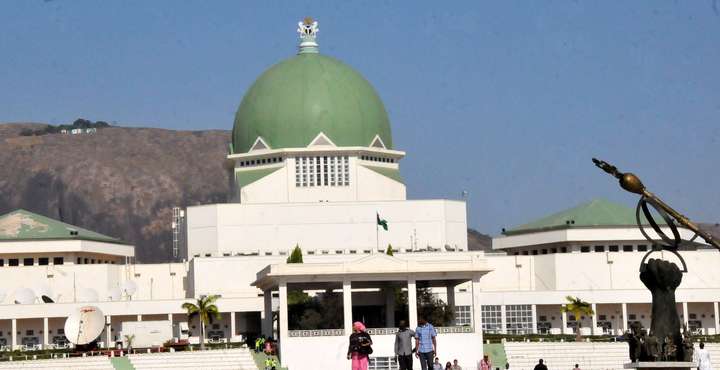Withdraw Repressive NASS Media Accreditation Guidelines Now, SERAP Tells Saraki, Dogara
Socio-Economic Rights and Accountability Project (SERAP) has urged the “leadership and management of the National Assembly to immediately withdraw the repressive media accreditation guidelines or face legal action.”
The National Assembly leadership and management had in a letter Monday issued the ‘media accreditation guidelines’ that would prevent journalists from covering the ninth National Assembly. Some of the 20 conditions listed are evidence of incorporation of the media organisation, proof of membership of the NUJ with registration number and the code of certification from the National Library of Nigeria.
Reacting, SERAP in a statement Tuesday by its deputy director Kolawole Oluwadare said: “Nigerians expect the leadership of the National Assembly to show a greater level of transparency and accountability and to explain and take responsibility for what they are doing rather than implicitly banning journalists from covering their public functions. Implementing the ‘accreditation guidelines’ would allow the lawmakers to escape accountability for their constitutional functions.”
The organization urged the Senate President Bukola Saraki and Speaker of the House of Representatives Yakubu Dogara to “open the windows and let in the daylight’ of the National Assembly by immediately withdrawing the accreditation guidelines and allowing journalists to freely cover the activities of leadership and members of the National Assembly.”
The organization said it would: “pursue national and international legal action if the unlawful guidelines is not withdrawn by Friday.”
The statement read in part: “These accreditation guidelines are designed deliberately as barriers against transparency and accountability and amount to a blatant violation of the rights to freedom of expression, freedom of information and media freedom.
These are fundamental rights lying at the heart of any system of democratic governance.”
“The accreditation guidelines clearly run counter to constitutional provisions and Nigeria’s international human rights obligations and the notion of free marketplace of ideas, necessary to serve the best interests of the public.”
“Our constitutional democracy rests on the assumption that the widest possible dissemination of information from diverse and antagonistic sources is essential to the welfare of the public, that a free press is a condition of a free society.”
“A democracy requires accountability, and accountability requires access to information, as ‘sunlight is the best of disinfectants.’ Allowing journalists to freely cover the activities of the National Assembly would be the most prominent expression of a commitment to ensuring an open National Assembly. At the heart of that commitment is the idea that accountability is in the interest of the lawmakers and the citizenry alike.”
“Other requirements under the guidelines are circulation of at least 40,000 newspaper copies daily with evidence to support the claimed figure, evidence of 50,000 daily views in the case of online media and photocopies of media organisation’s tax return for at least two years.”
“Others include requirements for fresh accreditation are evidence of membership of professional bodies for media organisation, a functional bureau in Abuja with staff strength of not less than five editorial staff publishing daily and on weekend.”





